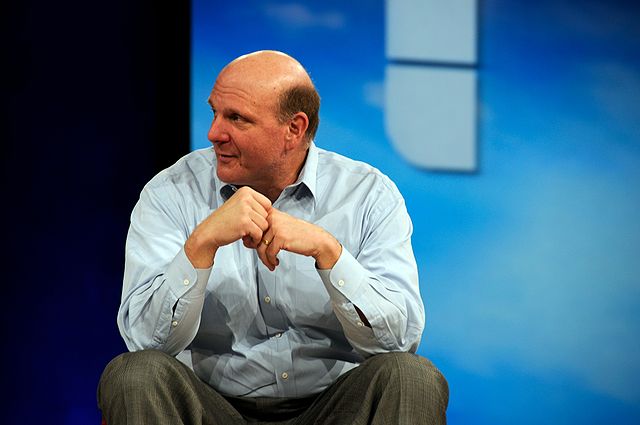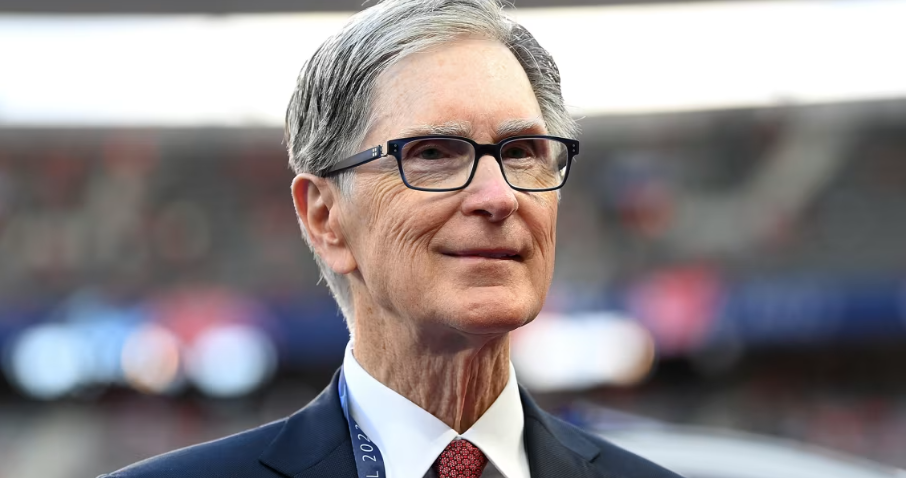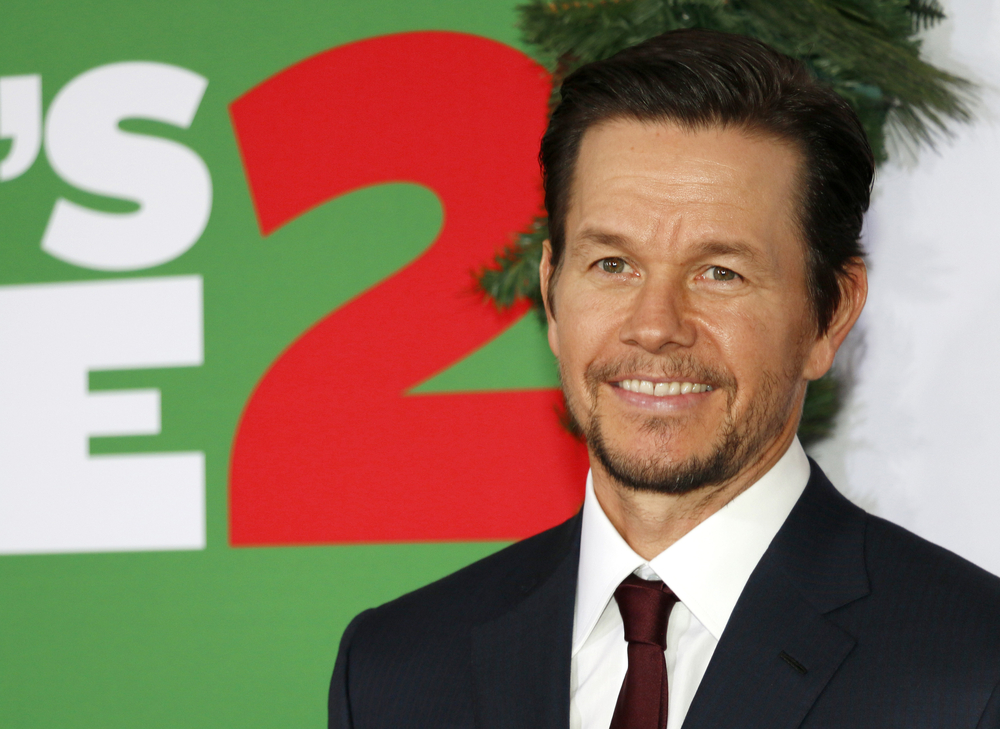Billionaires and Their Sports Teams: The New Frontier in Wealth Strategy
For decades, ultra-wealthy collectors have showcased their status through rare cars, fine art, and yachts. Today, one asset stands out above all others: professional sports franchises. High-net-worth individuals are increasingly investing in teams not just for prestige, but as strategic, long-term financial assets that blend brand influence, capital appreciation, and cultural relevance.
Owning a sports team is no longer a vanity project—it is a calculated business move. For CEOs and investors, the trend offers valuable lessons on alternative asset allocation, governance, and operational strategy.
The Billionaires Driving the Trend
Several prominent figures illustrate this shift:
-
Mark Cuban acquired the Dallas Maverickstransforming them into a commercial powerhouse through media partnerships, sponsorships, and fan engagement strategies.
Billionaire entrepreneur Mark Cuban
-
Steve Ballmerformer Microsoft CEO, owns the Los Angeles Clippersinvesting in arenas, technology, and operational efficiency to maximize revenue and brand growth.

-
John Henryowner of Liverpool FCcombines traditional football operations with financial oversight, demonstrating how strategic management can increase franchise valuation.

John Henry
-
Jerry Joneslong-time owner of the Dallas Cowboysleverages merchandising, stadium deals, and media rights to maintain global influence and asset growth.

Jerry Jones
-
Rocco Commissoowner of ACF Fiorentinaexemplifies cross-border investment, showing how European football offers untapped growth potential for billionaire investors.

Rocco Commisso
Each of these acquisitions represents more than personal prestige—they are part of diversified portfolios that balance passion with financial foresight.
Financial Drivers Behind the Shift
Sports franchises are inherently scarce. Major leagues in the US and Europe have only a finite number of teams, creating scarcity value that drives prices upward. Revenue streams are diversified: ticket sales, media rights, sponsorships, and global merchandising all contribute to strong, multi-year cash flow potential.
According to JPMorgan Private Bank, 34% of surveyed ultra-high-net-worth individuals now hold sports franchises as key portfolio assets, compared to 23% for art and 10% for collectible cars. For billionaires, franchises offer tangible growth potential and prestige rolled into one asset.
Legal and Governance Considerations
Acquiring a team is far more complex than buying a painting or car. League regulations require approvals from governing bodies and fellow owners, while minority ownership agreements often restrict control. Legal structures such as LLCs, trusts, or special-purpose vehicles protect personal wealth and optimize tax efficiency.
Estate planning is another critical aspect. Multi-billion-dollar valuations demand careful succession planning to ensure the franchise can pass to heirs without excessive tax exposure. This often involves multi-generational governance frameworks, blending family strategy with corporate management principles.
Lessons for CEOs and Investors
The billionaire sports ownership trend offers several takeaways for high-level investors:
-
Seek scarce, high-value assets with growth potential.
-
Structure investments with both legal protection and tax efficiency in mind.
-
Leverage operational and branding expertise to maximize returns.
For family offices and corporate leaders, sports teams represent a unique combination of tangible assets, brand-building opportunities, and long-term investment potential.
Looking Forward: Sports Franchises as Strategic Assets
Expect billionaire interest in sports franchises to continue growing in 2026 and beyond, particularly in European football, women’s leagues, and emerging markets. Media rights, fan engagement, and sponsorships will continue to elevate franchise valuations. Meanwhile, leagues may evolve rules to allow structured minority investments, enabling more sophisticated capital inflows.
Owning a team today is about strategy, influence, and legacy not just headlines. For CEOs navigating alternative asset classes, the message is clear: the next frontier of high-value, prestige-driven investment is on the playing field.
FAQs: Understanding Billionaire Sports Ownership
Which leagues are attracting the most billionaire owners?
Top US leagues (NBA, NFL, MLB, NHL) and major European football leagues dominate due to high valuations and global audiences.
Why are sports franchises preferred over traditional collectibles?
Franchises combine tangible financial returns, brand influence, and generational legacy, unlike art or cars that primarily appreciate in value over time.
How do owners protect their personal wealth?
Legal structures such as LLCs, trusts, or SPVs shield personal assets and allow for tax-efficient succession planning.
Can minority stakes still offer strong returns?
Yes. Even without controlling interests, media rights, sponsorships, and operational partnerships provide significant financial upside.
What should CEOs learn from billionaire sports investments?
Scarce, high-value assets with long-term growth potential and operational leverage can offer strategic advantages in both wealth preservation and brand building.










